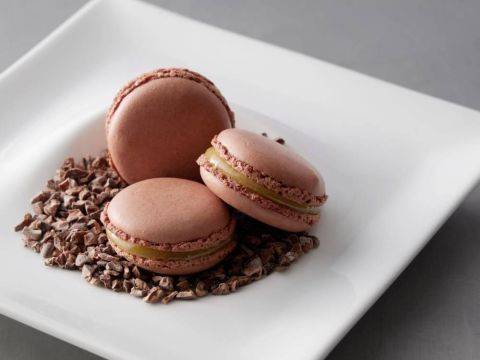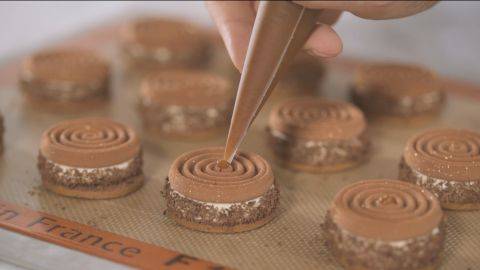Whipping Egg Whites: Tips, Tricks, and Best Practices
Whipping Egg Whites: Tips, Tricks, and Best Practices
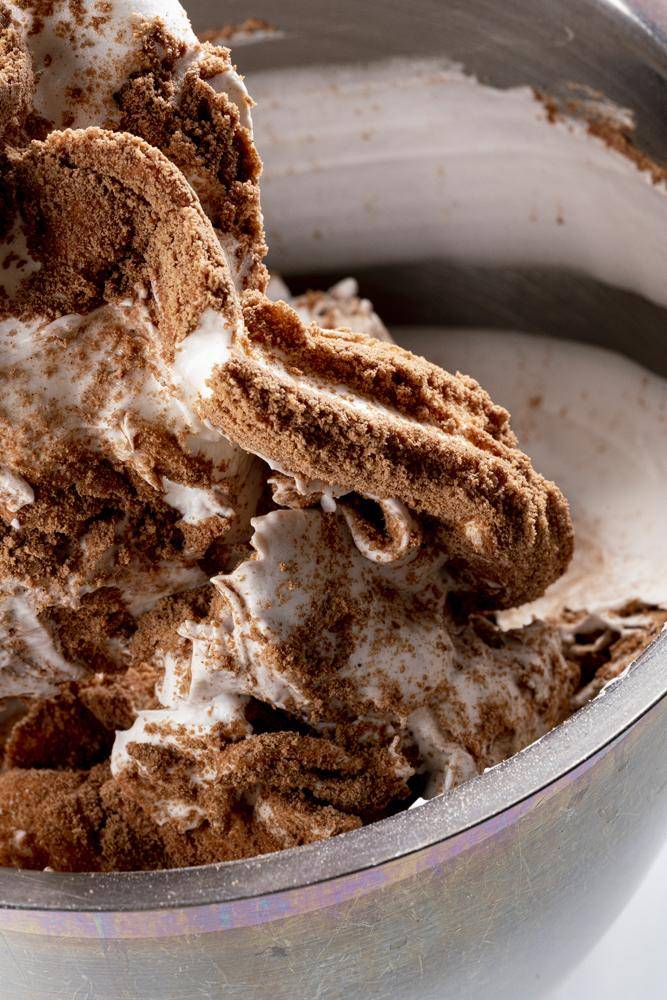
- Warm the eggs first. Cold eggs have tighter protein bonds but are easier to separate. *Our chefs recommend submerging whole eggs in warm water for a minute; don't leave them too long, or the moisture content will change.
- Do not allow any fat to come in contact with the bowl or tools being used to do the whipping. Lipids inhibit the ability of the proteins in the white to expand.
- Do not over-whip; this will result in a dry/spongy texture and look curdled. Do not under-whip; your foam/meringue will deflate because the web of protein is underdeveloped.
- Use the whipped whites right away; otherwise, they will begin to deflate and separate. Separated whipped whites cannot be re-whipped, just as sugar-bloomed chocolate can't be re-melted and tempered.
- Copper! Egg white foam is more stable when beaten in contact with copper. This can be achieved using a copper bowl or copper powder. Copper ions+conalbumin=conalbumin=strong foam. The effect can be replicated by mixing egg whites with a small amount of acid before you begin whipping.
- Never use cracked or broken eggs to avoid bacteria.
- Use fresh shell eggs when possible: eggs become more alkaline as they age; the acid in a fresh white will help stabilize the proteins in the whipped whites.
- Don't reduce the speed of your mixer to check the consistency every 2 seconds. Stopping the whipping process will automatically reduce volume as the web of proteins hasn't formed to support the air yet. This is similar to opening the oven door 5 minutes into baking a cake.

Would you choose fresh or aged whites for a chocolate soufflé?
Fresh Whites vs Aged Whites
Some things improve with age... do egg whites?
Fresh Egg Whites:
- Thicker, so they take longer to whip
- Less final volume
- More stability
- Loses less volume when added to other ingredients, like folding into a cake batter
Aged Egg Whites:
- Thinner, so they whip up more quickly
- Greater volume because the proteins have relaxed and are able to retain more air
- Less stable, so they will lose more volume when folded into other ingredients
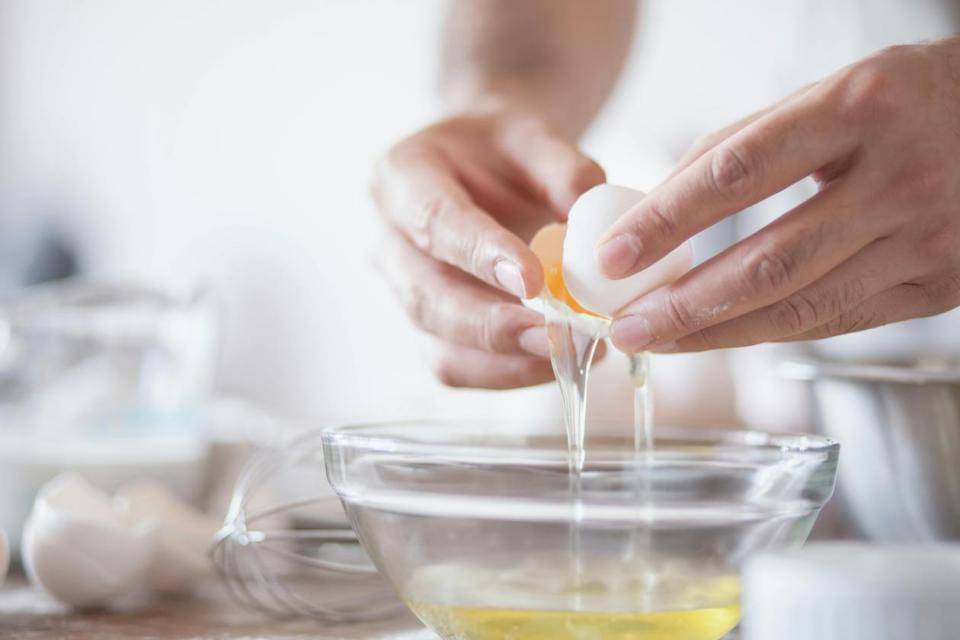
Choosing Between Fresh and Aged Egg Whites
It depends on what you're doing with the egg whites and who you ask.
It comes down to weighing the pros & cons of stability and volume.
For example, say I’m looking for maximum volume, so I’ll go for the aged whites. Remember, though, that nice fluffy foam is going to lose more volume than the stable foam from the fresh whites. So if I'm not careful when I'm folding those whipped whites into a cake batter, I’ll end up with a dense cake.
What's most important is to be aware of the properties of each option and make your choice accordingly.
When it comes to flavor, it's no surprise - fresh eggs taste better than old ones. For an application such as some mousses where the eggs are not cooked, fresh should be your first choice for best flavor.
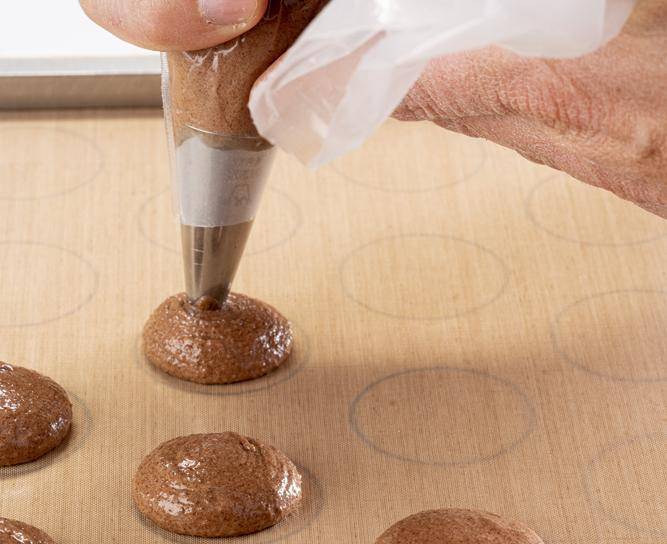
Defatted Cacao Powder for Better Volume
In recipes that rely on whipped egg whites for lift (macarons, meringues, some mousses), defatted cacao powder will increase the batter volume and produce a much airier product.
Fat in other ingredients, like cacao powder, can bond with the proteins in egg whites, limiting their ability to bond with each other and creating an air-trapping structure. Less fat equals better structure, which yields greater volume. Our chefs found that defatted cacao powder yielded an increase in batter volume in these applications of 20% or more!
Cacao Barry Légère 1% Cacao Powder
Légère 1% is a premium quality defatted alkalized cacao powder that contains less than 1% cocoa butter. It has a rich fudgy chocolate taste with red fruits, hazelnuts, and floral notes

